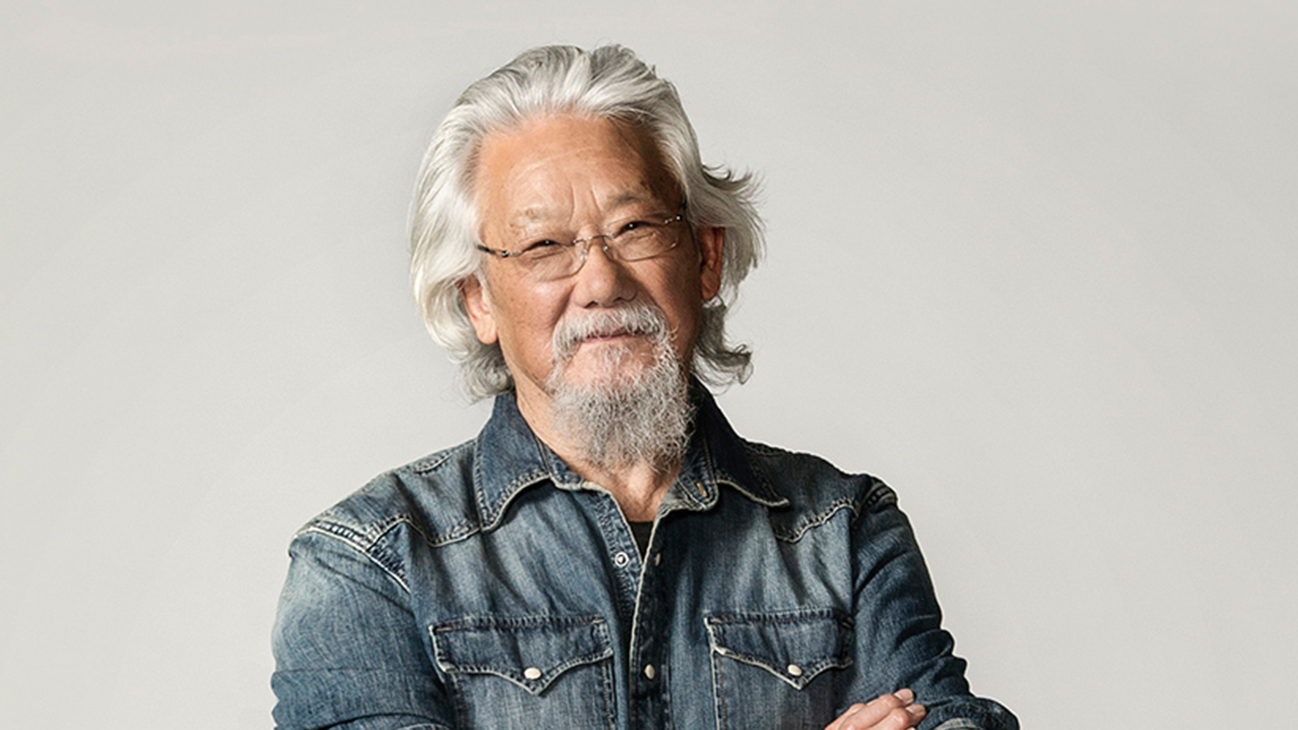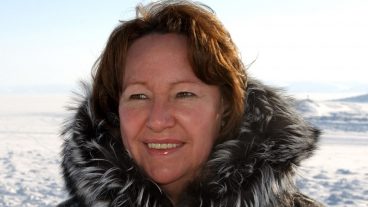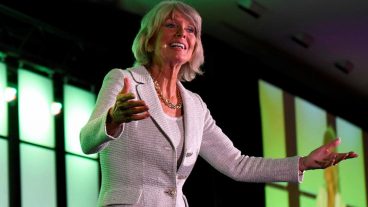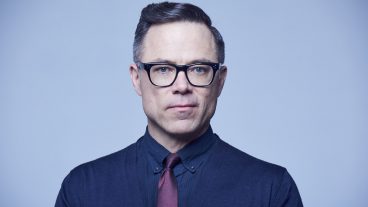While the global pandemic has brought with it many challenges, alongside those is an opportunity to transform our lives for the better — if we can learn from this experience and have the courage to act. This is what Dr. David Suzuki proposes in a recent CBC article, where he examines lessons learned from past pandemics and shares his hope for our post-COVID future.
During the HIV-AIDS crisis, David remembers the uncertainty and fear people felt as the deadly disease spread. It took years for us to discover what caused it and how it was transmitted, devastating many communities along the way.
Once we understood the disease though, it’s prevention simply required a change in our behaviour — safe sex and clean needles, writes David. This simple change through proved difficult, and this is what we are up against again in our post-COVID future. Change is difficult for us, but it’s not impossible.
As we sit isolated, battling COVID-19 together, we have a real opportunity to re-examine the world we have built and reset our priorities and the direction we are currently going. The challenge will be re-learning our place in the world and adapting our behaviour to make it better, safer, and more sustainable.
Below is a segment of his article on how he is able to push through in this moment of crisis, and his hope for our future and ability to capitalize on the opportunity in front of us.
My parents married in the 1930s during the Great Depression. Those were hard times but Mom and Dad would say that what got them through was hard work, family and community.
And they told me repeatedly, “You have to work hard for the necessities in life, but you don’t run after money as if having a new car, a big house or fancy clothes makes you a better or more important person.”
That has guided me all my life and I have drummed it into each of my children — that money is not the goal of our existence rather the goal is a life well lived.
If we could take a different path from our current one — in which more, bigger, and newer seem to drive our purchases, wherein the idea of consumption for the sake of the economy and the impossible dream that endless growth is both possible and necessary for progress — we might move toward a very different future.
In this moment of crisis, we should be asking what an economy is for, whether there are limits, how much is enough, and whether we are happier with all this stuff.
Can we relearn what humanity has known since our very beginnings — that we live in a complex web of relationships in which our very survival and well-being depend upon clean air, water and soil, sunlight (photosynthesis), and the diversity of species of plants and animals that we share this planet with?
Can we establish a far more modest agenda for ourselves filled with reverence for the rest of creation?
Or will we celebrate the passing of the pandemic with an orgy of consumption and a drive to get back to the way things were before the crisis?
For me, one of the most dramatic effects of humanity’s COVID-19-induced slowdown has been nature’s rapid response; clean air over China, fish in the canals of Venice and the sighting of a raptor in my Vancouver backyard.
In this disaster lies an opportunity to reflect and change direction in the hope that if we do, nature will be far more generous than we deserve.
Dr. David Suzuki has made it his life’s work to help humanity understand, appreciate, respect, and protect nature.
A scientist, broadcaster, author, and co-founder of the David Suzuki Foundation, David is a gifted interpreter of science who offers leading-edge insights into sustainable development and models a world in which humanity can live well and still protect our environment.




